Montana Tech professor collaborates with researchers in Germany, China, Australia on ecological restoration projects
Montana Technological University Professor Dr. Robert Pal is continuing a very productive sabbatical year this winter and spring by collaborating with researchers and academics in Germany, China, and Australia on important issues impacting ecological restoration and native ecosystem resilience to climate change on a global scale.
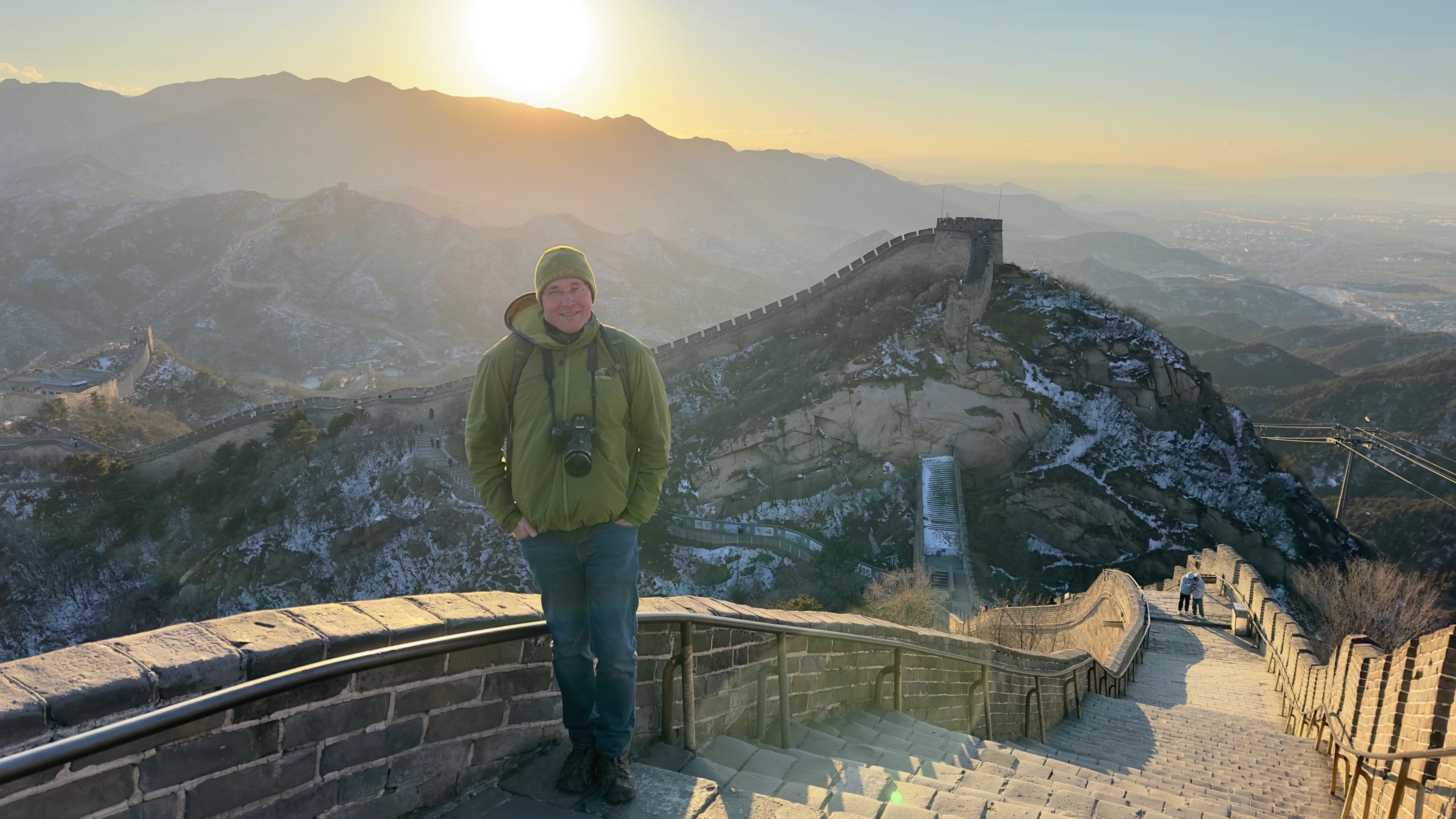
Pal is an professor and director of restoration, who spent Fall 2023 collaborating with researchers at the University of Camerino in Italy on a number of projects, including a research proposal to study how lodgepole pine forests are recovering after fire events and how the undercanopy changes with maturity about species composition in Yellowstone National Park.
From Italy, Pal traveled to Halle, Germany, where he collaborated with a former student and colleague on a manuscript about invasive plants.
“I sat at the computer most of the time for about a month to analyze data and write,” Pal said. “We made really great progress.”
In his downtime, Pal enjoyed exploring museums and cultural exhibits in cities like nearby Leipzig, known as “the home of famous composers.” Classical musicians Johann Sebastian Bach, Richard Wagner, Clara Schumann, Robert Schumann, and Felix Mendelssohn all have ties to the city.
“It was an amazing experience,” Pal said.
Pal then traveled to Sun Yat-sen University in Guangzhou, China in December, where he worked on two academic papers, participated in research projects, and delivered multiple lectures to graduate and Ph.D. students.
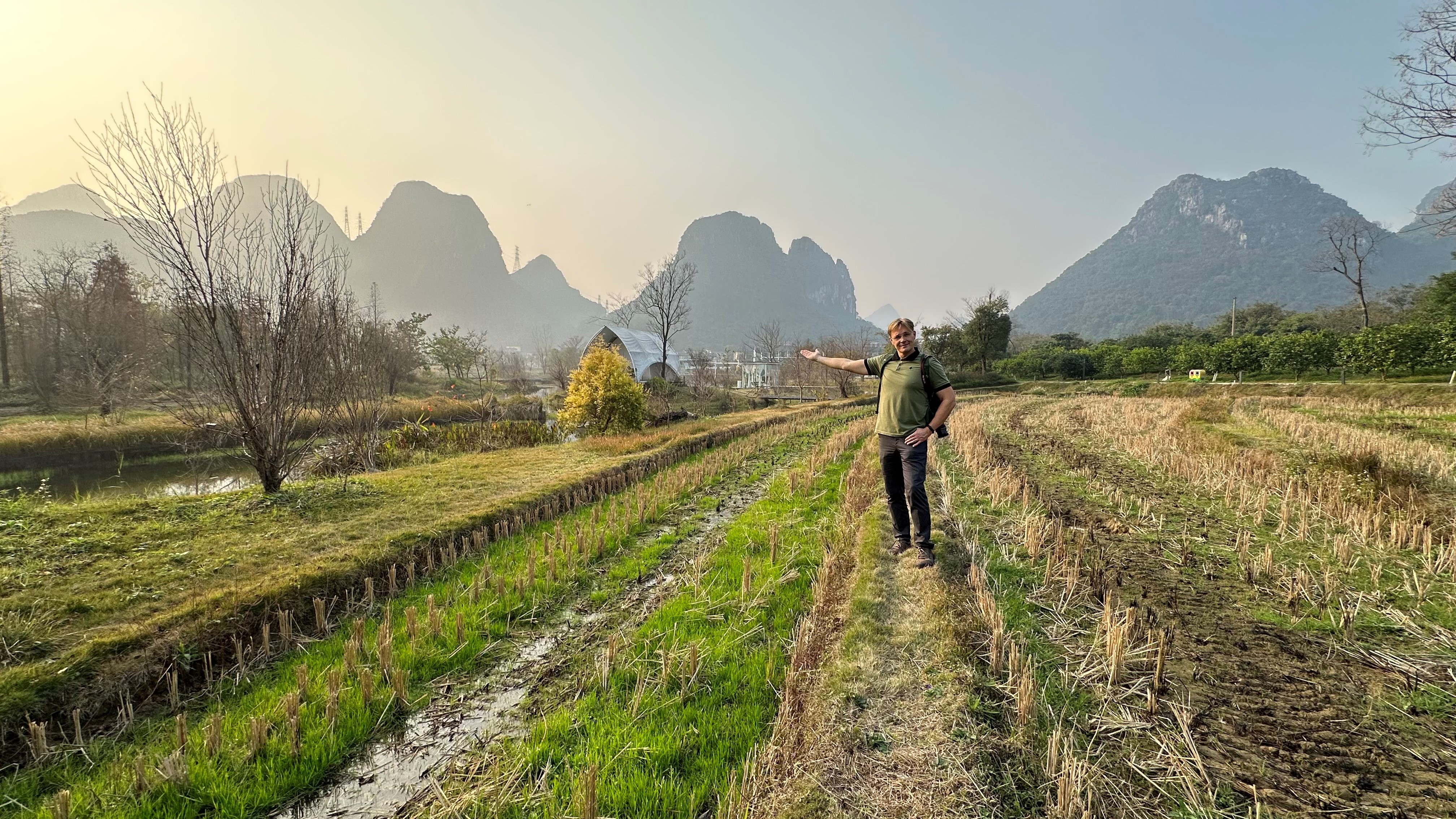
“We have been working on two papers,” Pal said. “One is a research on competition intensity of invasive plants.We would like to know if invasive species have higher inherent competitive abilities than co-occurring native species in neutral soil.”
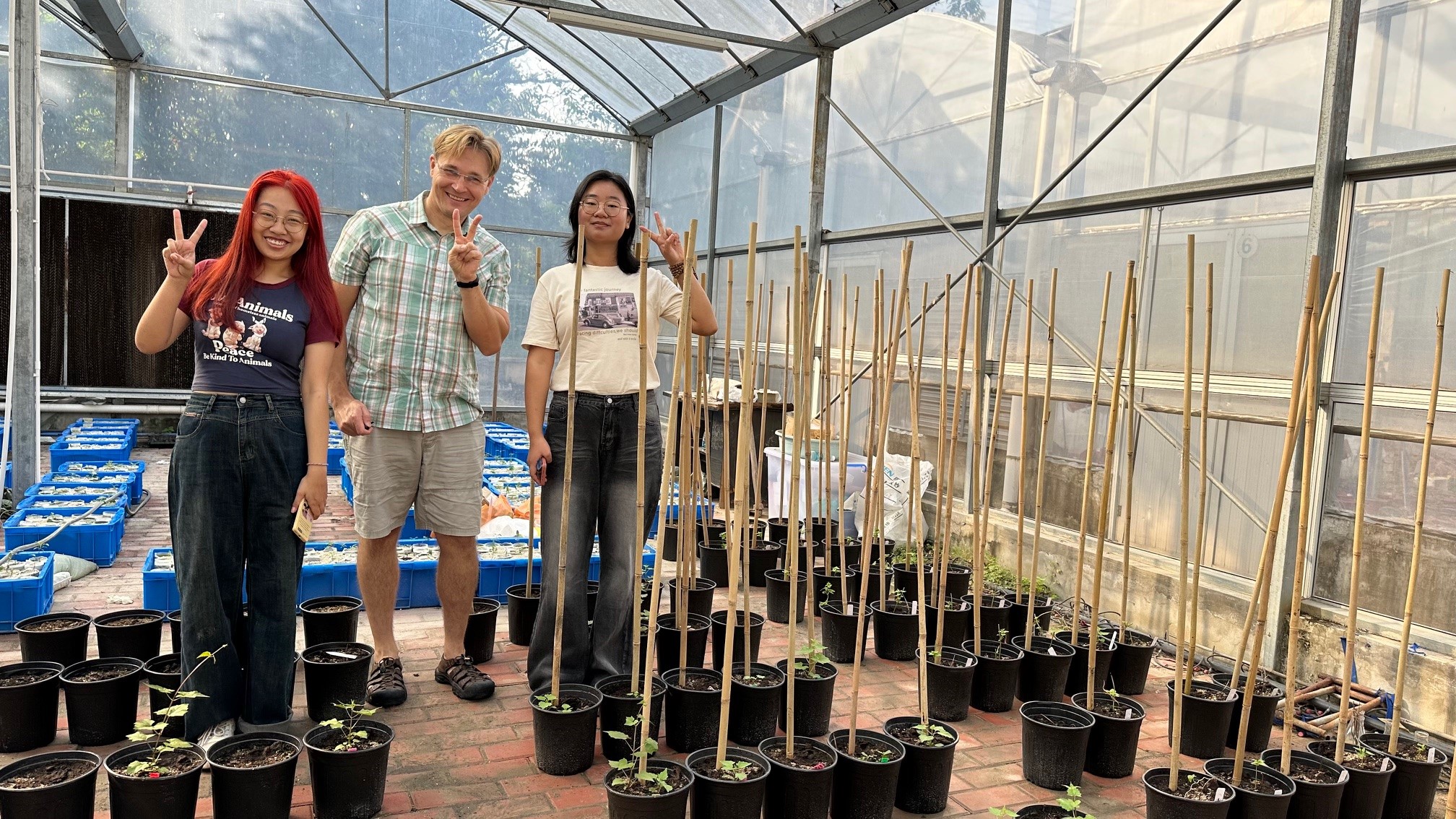
Data from the project dates back to 2013. Pal previously collaborated with Sun Yat-sen University and Chinese scientists on a previous trip to the country in 2017.
The second paper Pal collaborated on involves studying the impact of pathogenic microbes in soils.
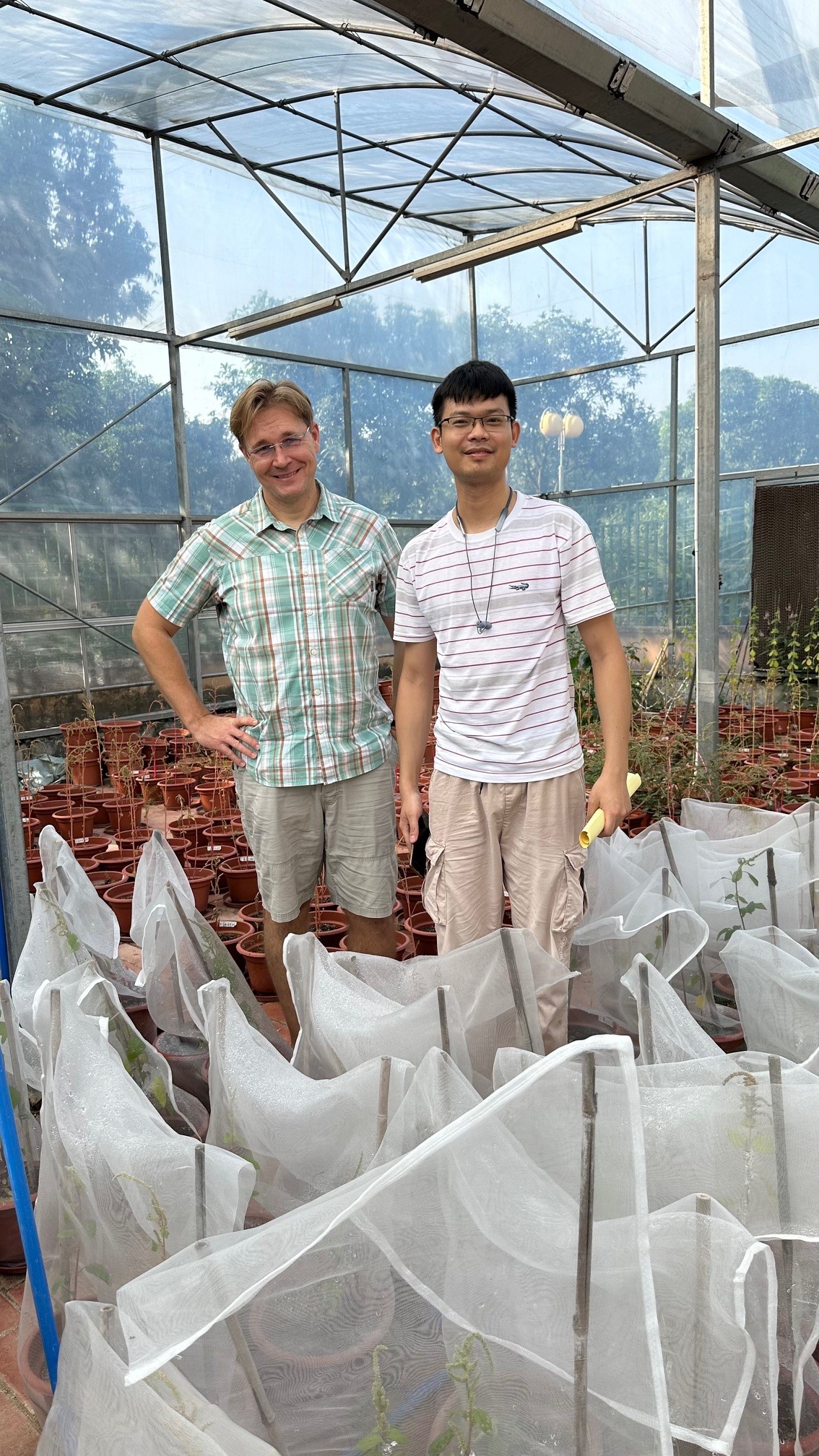
“In this research we would like to understand if alpine species escape the intense negative soil pathogens that commonly occur at lower elevations. We tested this with four alpine and four subalpine species and soil from on three elevational gradients in western Montana,” Pal said. “Everything was done in a greenhouse, and the results showed that in the alpine soils there was a lot less negative feedback on the plants hat manifested in the size of the plants. When we grew lowland plants in the alpine soils, they got bigger. When we put alpine plants in the lowland soils, they suffered.”
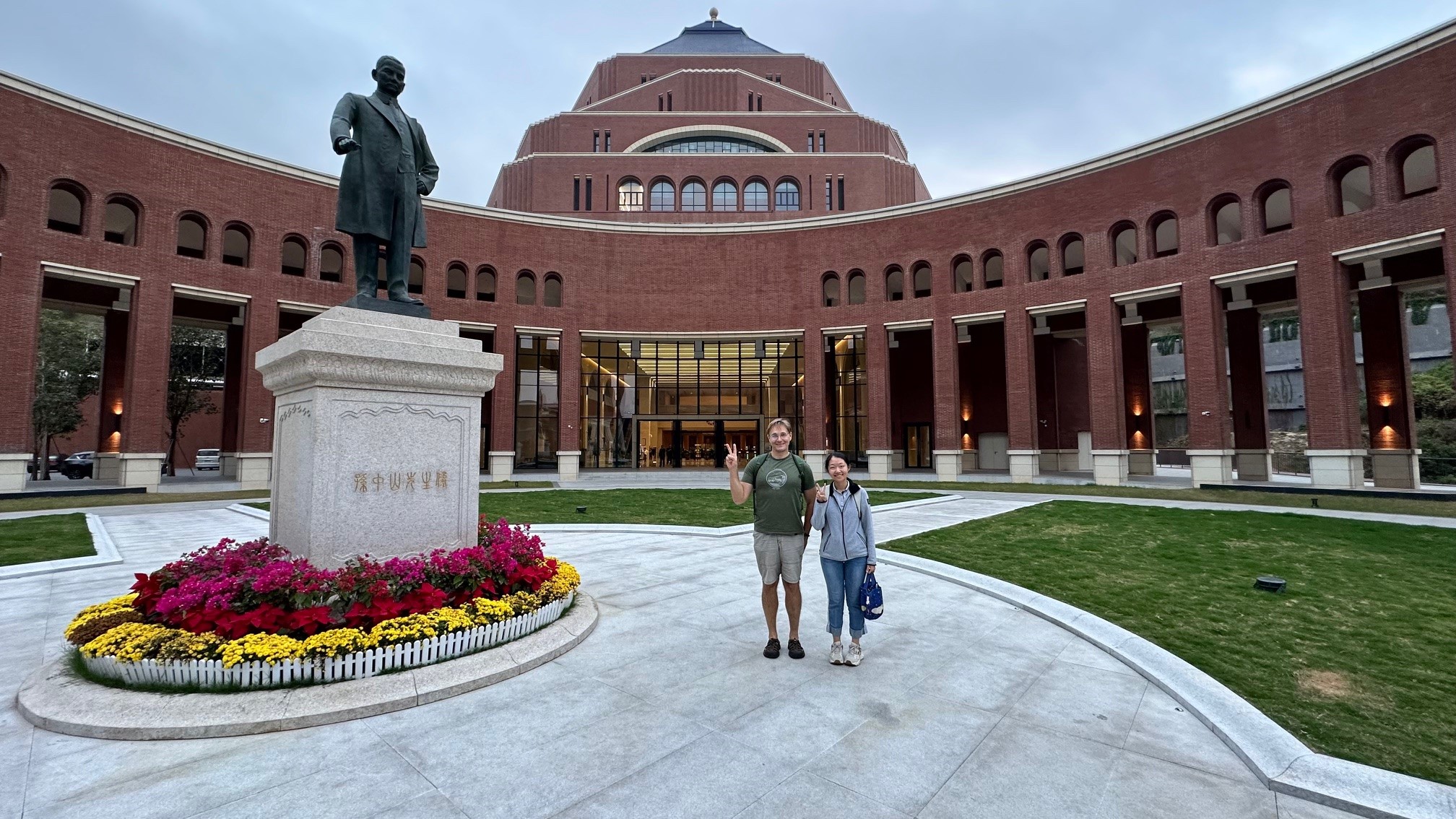
The research gives important insight as scientists try to learn more about how climate change will impact plant species. If soils warm it might increase the numbers of pathogens in those soil, and impact the ability of native plants species to continue to survive.
“This research also shows that the impact of climate change is much more complex than temperatures rising,” Pal said.
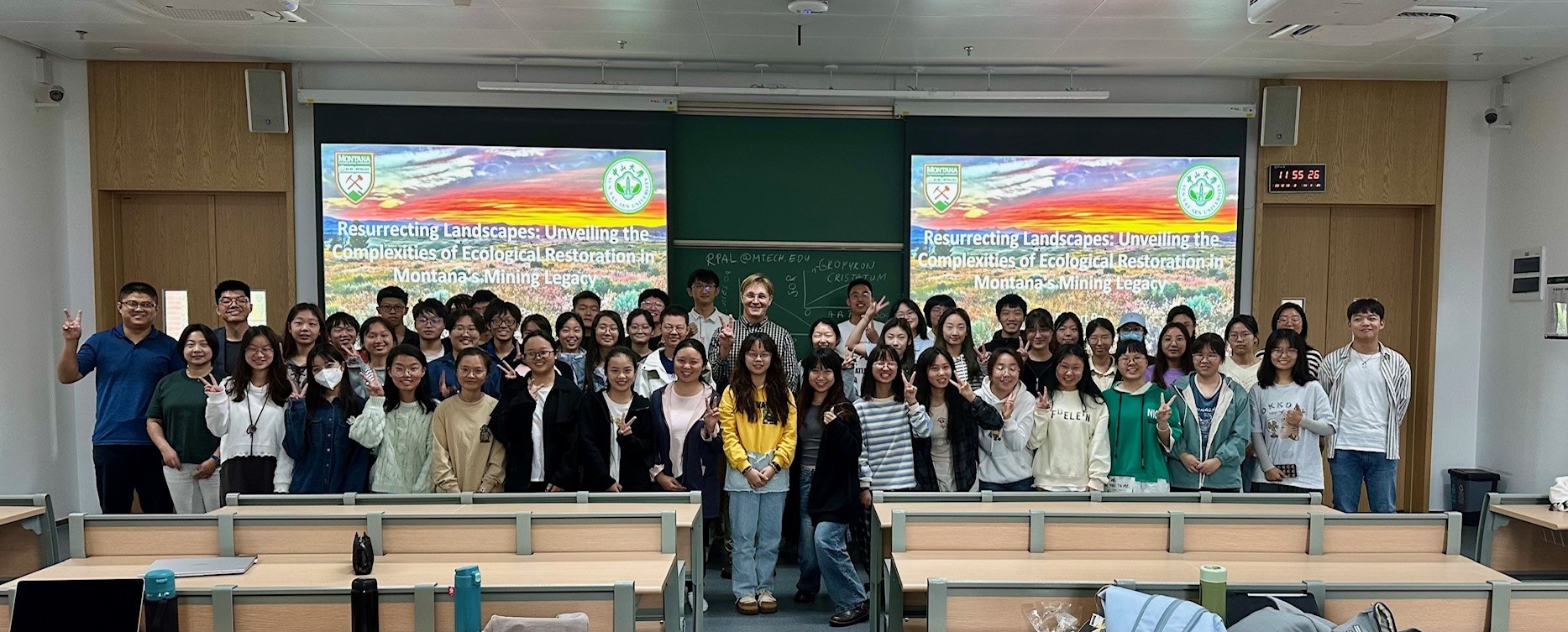
While in China Pal enjoyed seeing how much the country has changed in the handful of years since his last visit. China is becoming increasingly electrified, with quiet electric motorbikes filling streets on the morning commute. Solar benches and green spaces greet pedestrians, and bullet trains offer quick travel to cities hundreds of kilometers away.
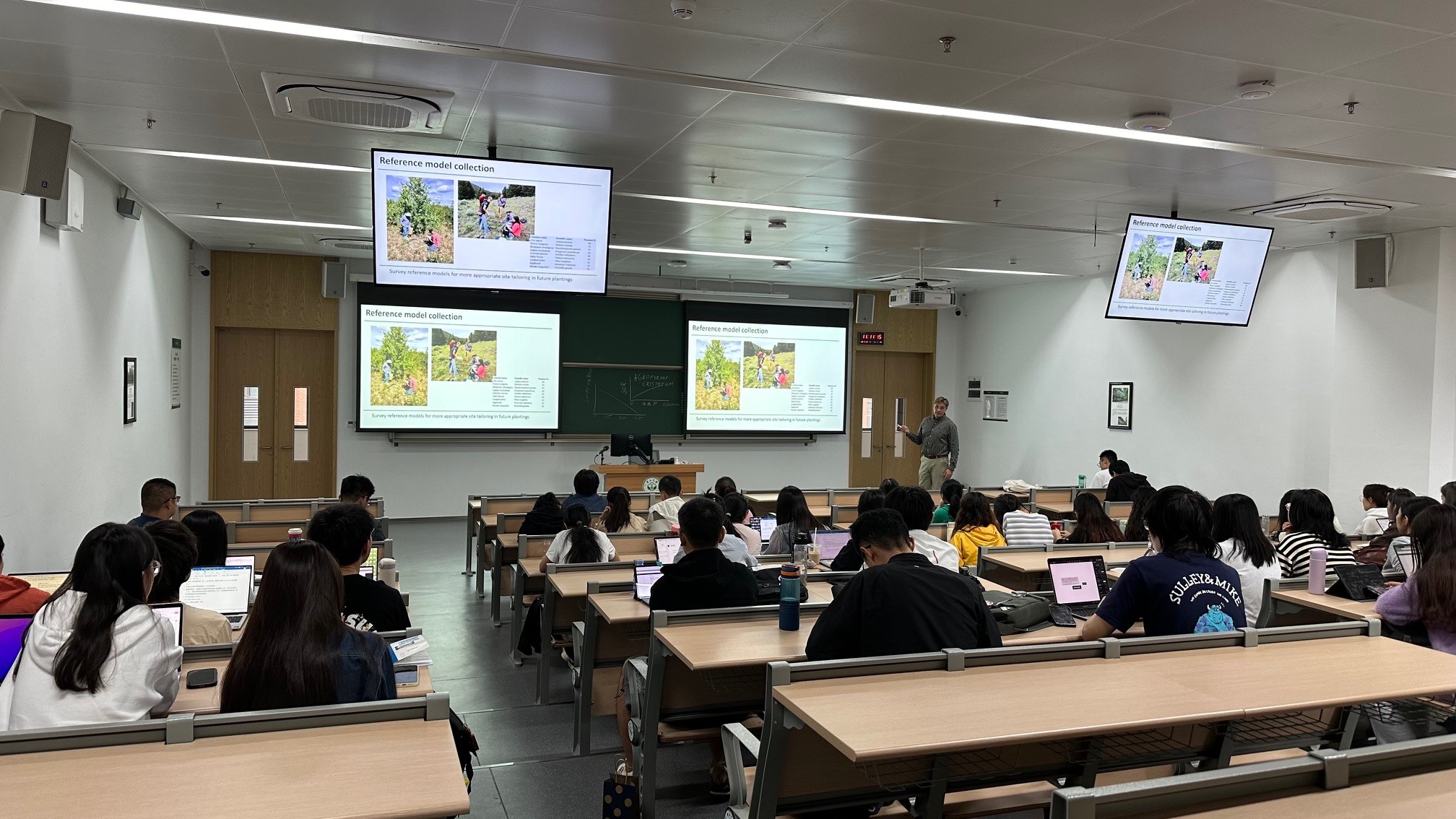
Because of the swap to more electrified travel, the air quality in many Chinese cities had noticeably improved since Pal’s last visit, and a comparison of air index reports compiled on the Iphone showed that air quality in Guangzhou, a city of 20 million people, was actually better than it was in Butte some days.
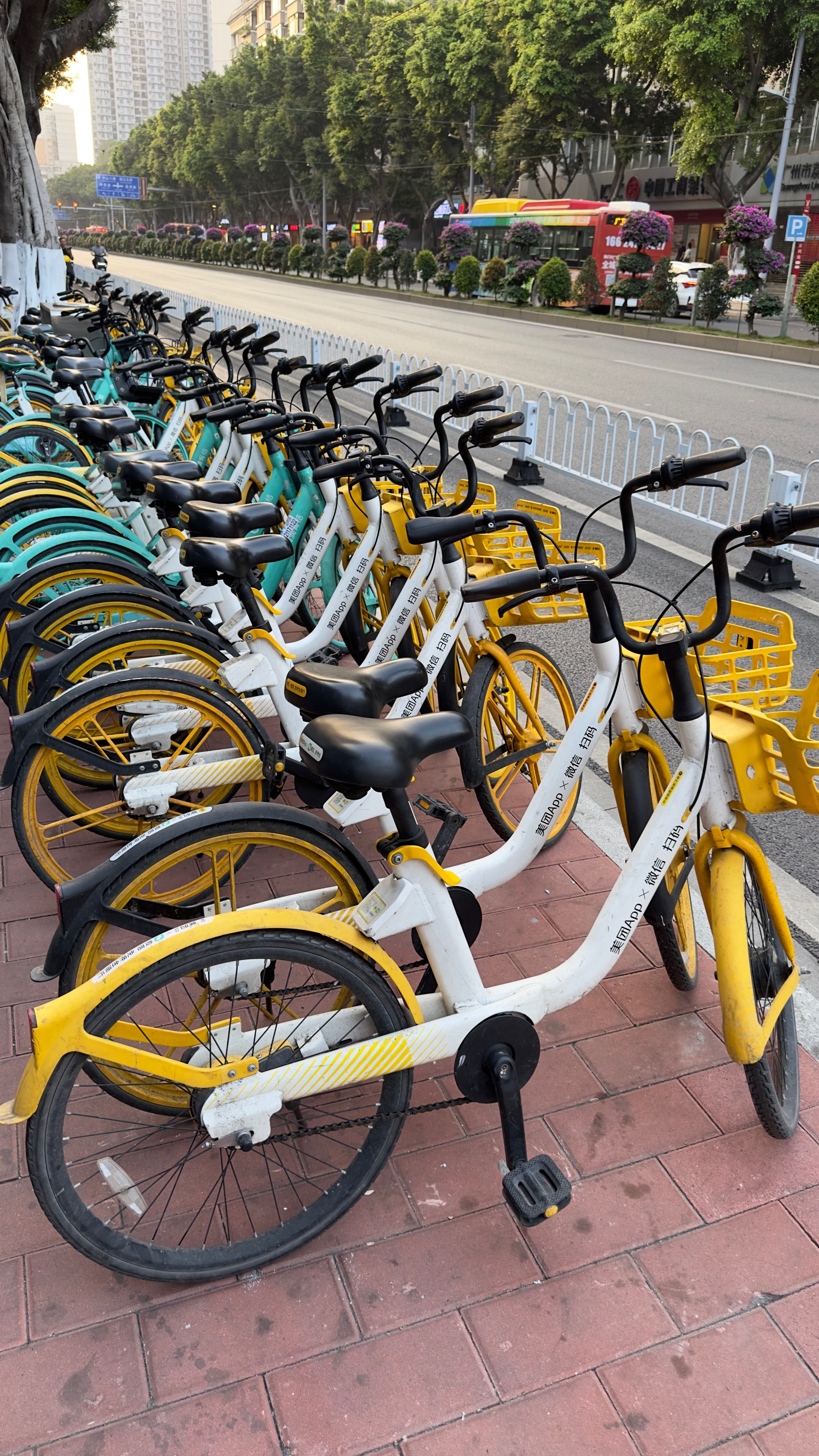
Pal explored temples, admired modern innovative architecture and cultural sites, and enjoyed delicious local cuisine during his stay.
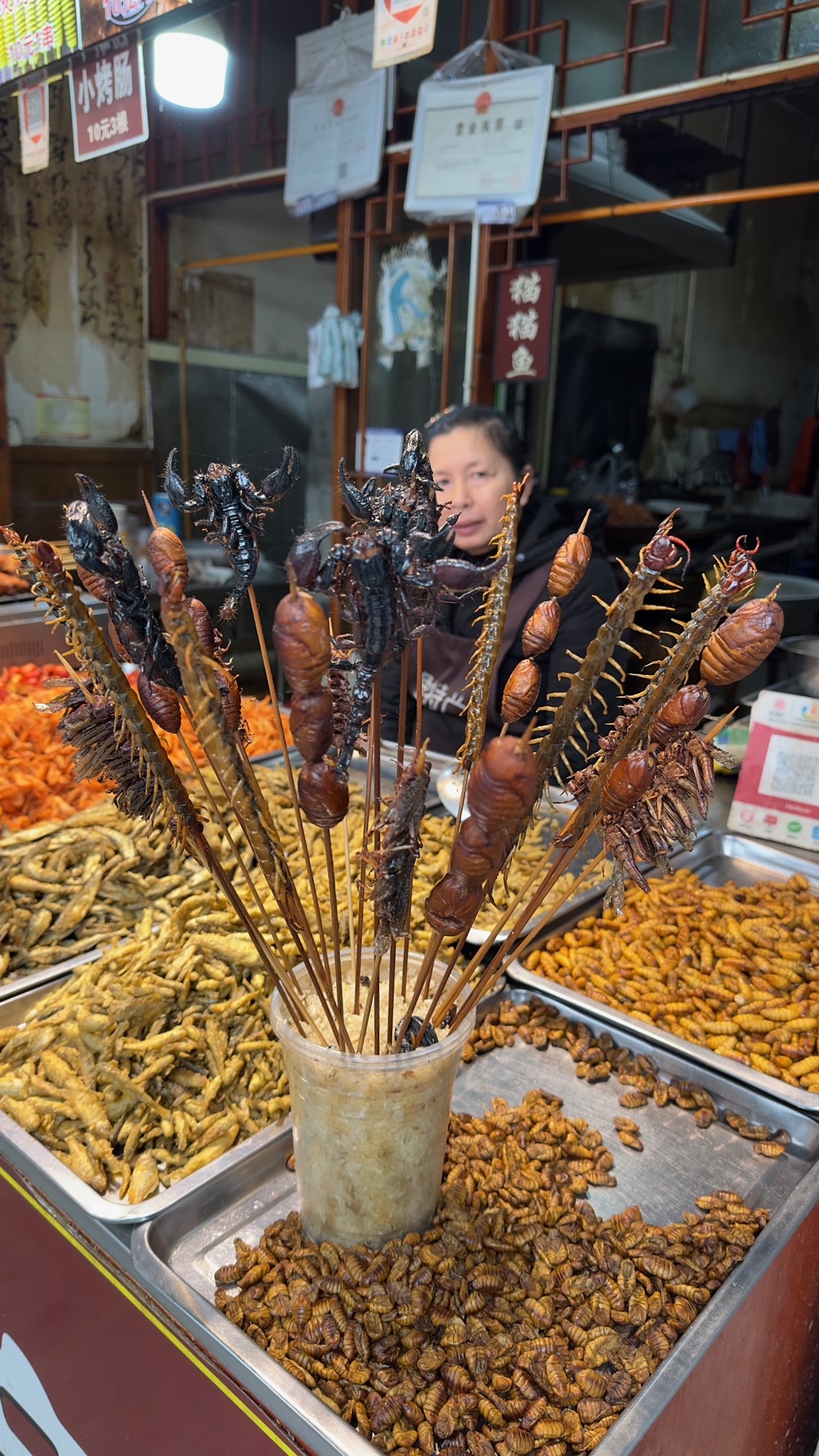
“It’s a beautiful country,” Pal said.
He traveled back to Butte early in 2024, and in February was awaiting a visa to Australia.
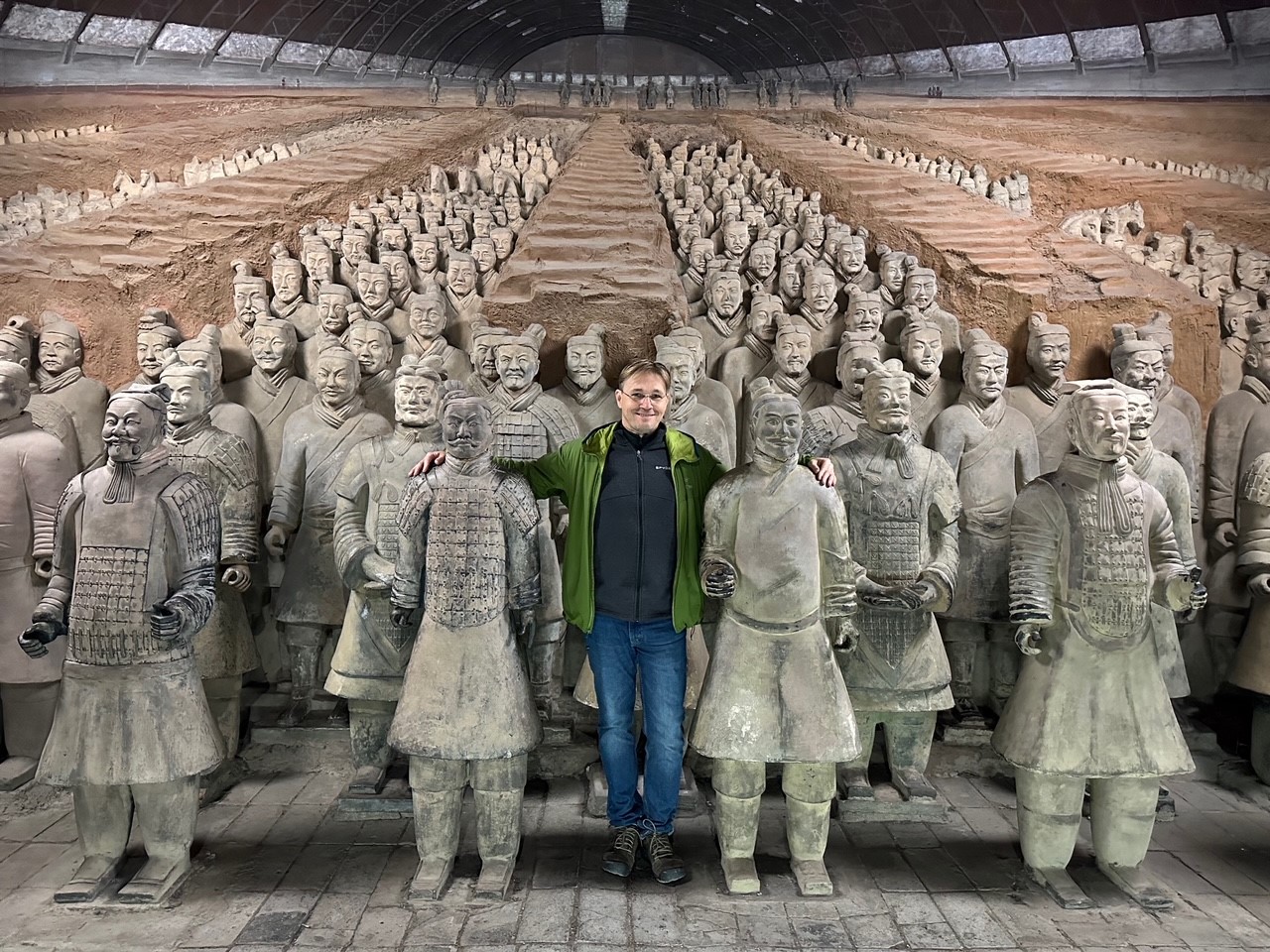
“There are several research opportunities in Australia,” Pal said.
Pal is looking forward to working with Dr. Ladislav Mucina, a renowned professor of vegetation science and restoration ecology, who currently serves as the Iluka Chair in Vegetation Science & Biogeography at Murdoch University in Perth, a top-ranked global college.